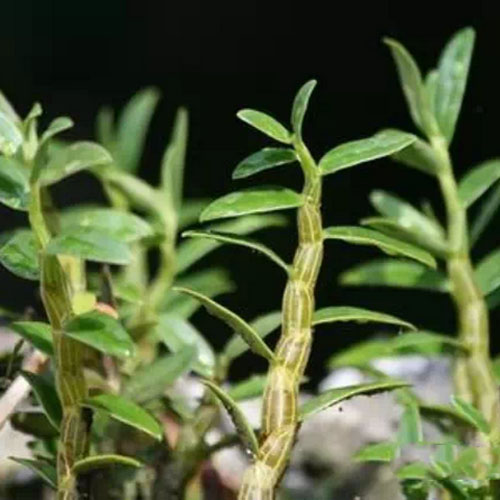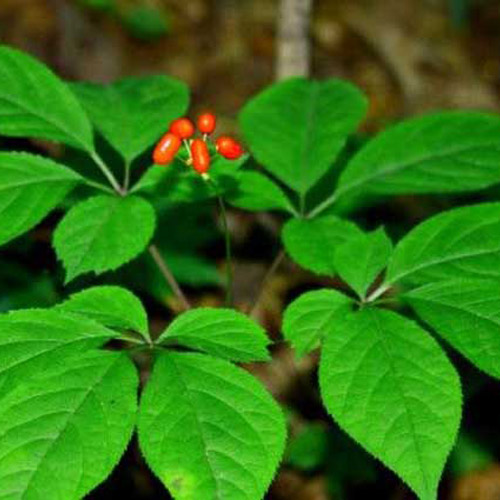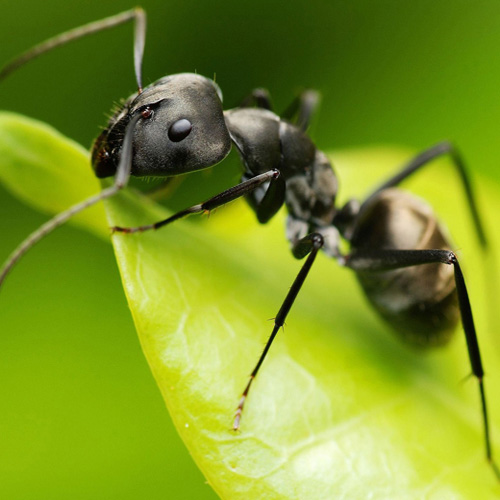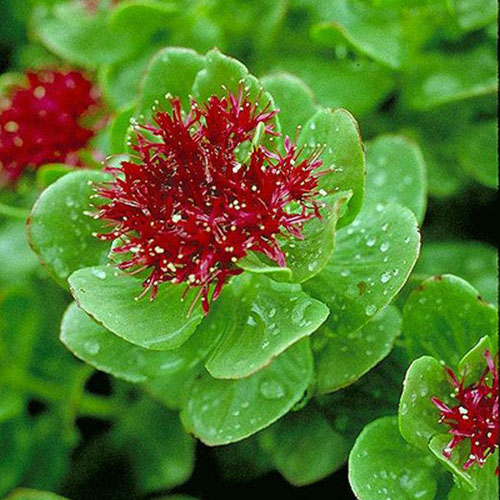- Chinese Name Shi Hu 石斛
- Latin Name Dendrobium nobile
- Other Names Herba Dendrobii, Stonebushel Stem, Dendrobium stem
- Used Part Stem
- Specification Powdered Extract
Dendrobium Stem Extract Powder
Description
The King of the Yin Tonic Herbs
Dendrobium is a member of the orchid plant family and is one of the 50 fundamental herbs used in Traditional Chinese Medicine (TCM), where it has the name Shi Hu. Dendrobium has been used in China for over 1000 years with the reputation of “The King of the Yin Tonic Herbs”.
This rare and precious Chinese herb usually grows atop the perpendicular cliff walls and is exposed to the moisture of dew and rain as well as to the essence of the sun and moon throughout the year. Thanks for that, TCM believes that it owns such rich and balanced pharmaceutical ingredients that it can be used clinically in the treatment of a variety of disorders, such as chronic pharyngitis, gastrointestinal disease, eye disease, thrombotic occlusive disease, diabetes, arthritis, cancer, and so on.
Ultimate Caffeine-free Energy Booster in Pre-workout Supplement
Today, Dendrobium extract is found in a number of sports supplements. Mainly as a pre-workout aid to boost energy and performance. In fact, many experts predict that this supplement might become one of the next replacements for the stimulant DMAA which is being targeted by the FDA .
Dendrobium extract is an effective pre-workout supplement. This is currently being used by athletes from weight lifters and body builders to runners and cyclists. One of the best things about this supplement is that it does not restrict blood flow, which is oftentimes a side effect of many pre-workout formulations (especially those which contain caffeine).
Dendrobium Dosage
While it’s hard to determine the recommended dose of Dendrobium at this point. Based on clinical studies, the most common dose would be 2 grams (4 rounded 1/8th tsps)
TCM Tradition
Taste & Property Sweet, Slightly Salty, Bland, Slightly Cold
Organ Meridians Kidney, Stomach
TCM Functions
• Nourishes Yin, clears Heat and generates fluids
– Parched mouth, severe thirst or intractable fever associated with Yin Deficiency, most commonly when the Fluids are injured during a warm pathogen disease
• Enriches Kidney Yin and reduces Heat from Deficiency
– Yin Deficiency Heat and depleted Fluids with a recalcitrant low-grade fever, dry and painful throat and a red tongue with no coat
• Tonifies the Kidneys, augments Jing, brightens the eyes, strengthens the tendons and bones and strengthens the low back
– Dull vision, , dizziness and low back weakness and pain associated with Kidney and Liver Deficiency
• Nourishes Stomach and Lung Yin
– Stomach and Lung Yin Deficiency with Empty Fire Rising



.jpg)

